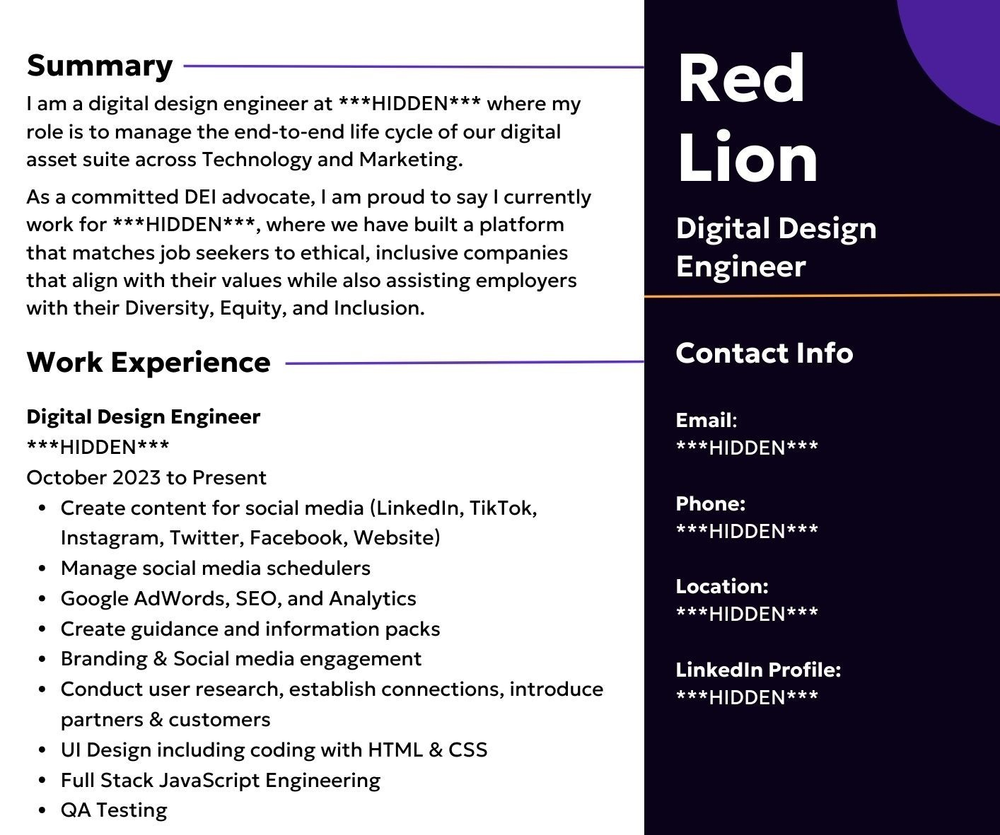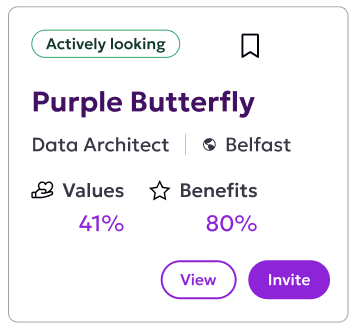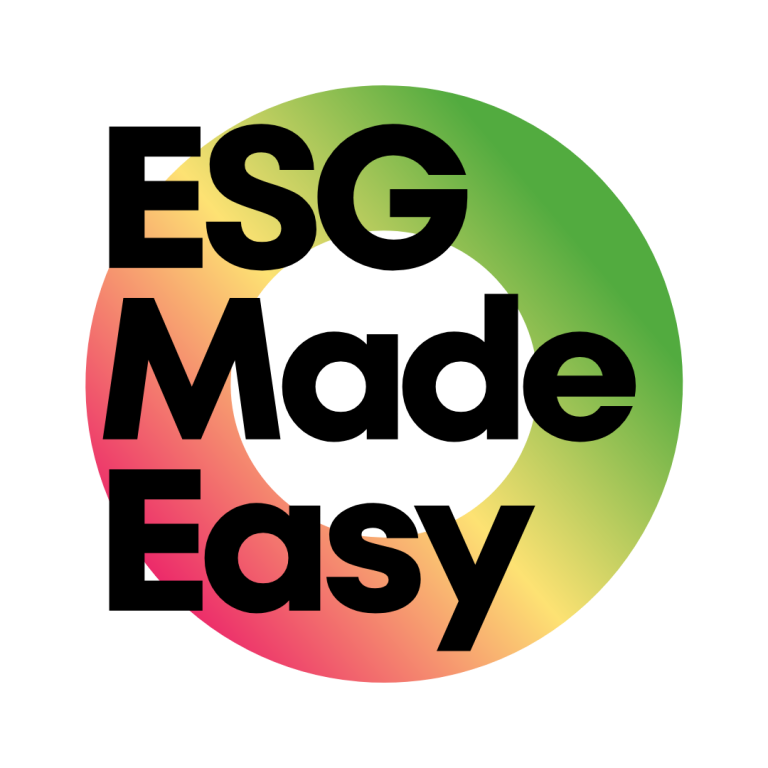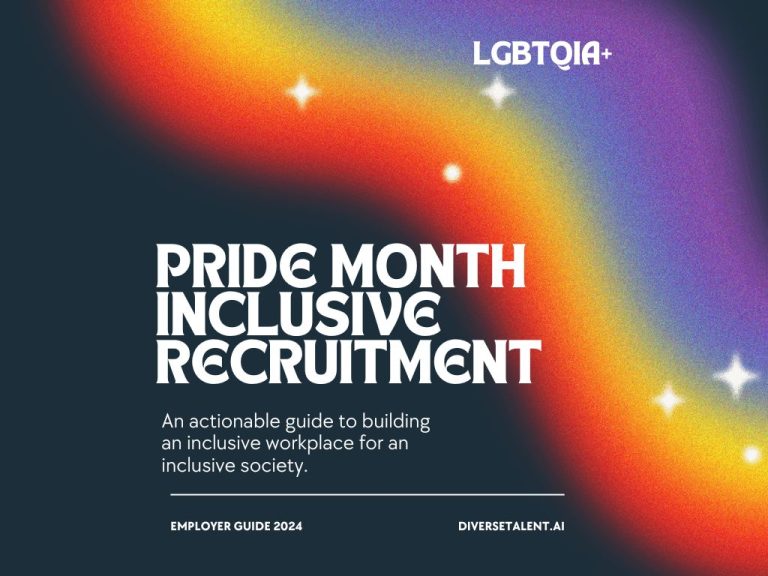In the ever-evolving world of recruitment, creating a level playing field for all jobseekers is a top priority. One powerful tool that has gained recognition for achieving this is “blind CV screening“. Blind CV screening ensures a fair and merit-based selection process by removing candidate personal information and reducing bias (something we offer on our DEI focused recruitment platform – but we’ll get to that later)
What is Blind CV Screening?
Blind screening is a recruitment strategy that conceals personal details such as a candidate’s name, gender, education place, or ethnicity during the initial stages of the hiring process (see image 1 below). By doing so, recruiters are left with just one focus: evaluating skills, experience, and qualifications. This approach ensures that a candidate’s personal characteristics do not influence the decision-making process.

The Fairness Factor
The real beauty of blind screening is that it’s all about making the recruitment process fairer. Let’s break down why it’s a total game-changer:
-
- Equal Opportunity: With personal information removed from the equation, all candidates are evaluated solely on their qualifications and abilities. This promotes equal opportunities, regardless of a candidate’s background
- Merit-Based Selection: Blind screening ensures that the most qualified candidates have to opportunity to rise to the top, without any influence from personal biases. It’s a pure meritocracy.
- Enhanced Company Reputation: When employers embrace blind screening, they send a powerful message about their commitment to diversity, equality, and fairness. This can enhance their reputation as inclusive employers.
Mitigating Legal Risks
Beyond promoting fairness, blind screening can also help employers mitigate legal risks associated with discriminatory hiring practices. By focusing solely on qualifications and skills, employers can confidently confirm that hiring decisions are not influenced by personal characteristics.
Some big names are already implementing blind screening & hiring process
HSBC, BBC, Google, IBM, and Deloitte are just some of the companies who are using blind screening in their recruitment process.
If we take IBM as an example, they opted to use a blind hiring process. They also had candidates submit work samples that mirror the types of tasks they wold undertake as employees should they join the company. It was found that this process DID increase the diversity of their hiring and therefore led them to take on talent that may have been overlooked in standard application processes.
You can read more about this here: https://core.ac.uk/download/pdf/78045813.pdf
So what does this mean?
Blind CV screening is a powerful tool for promoting fairness, equality, and diversity in the recruitment process. By focusing on skills, experience, and qualifications while concealing personal details, it ensures that hiring decisions are based on merit alone.
As demonstrated by IBM and other forward-thinking organisations, the adoption of blind screening can lead to a more inclusive and equitable workforce.
So, in the pursuit of finding the best talent, consider embracing the power of blind screening to make your recruitment process more just and merit-driven.
THIS IS WHERE WE CAN HELP
DiverseTalent have created a job site that aims to take the bias out of the recruitment process and, as such, we use blind screening – this means that jobseekers identities are hidden and their CVs anonymised therefore ensuring a fairer hiring process while reducing unconscious bias and strengthening an employer’s diversity, equity and inclusion.
If you want to see how this works for yourself, you can book a demo with us – use our contact page to get speaking with one of our experts or if you want to just jump right in, you can sign up at https://app.www.diversetalent.ai – there is a “try before you buy” freemium option so you can test it out and see if we’re for you!

Written by Katie Ashenhurst – Digital Design Engineer




